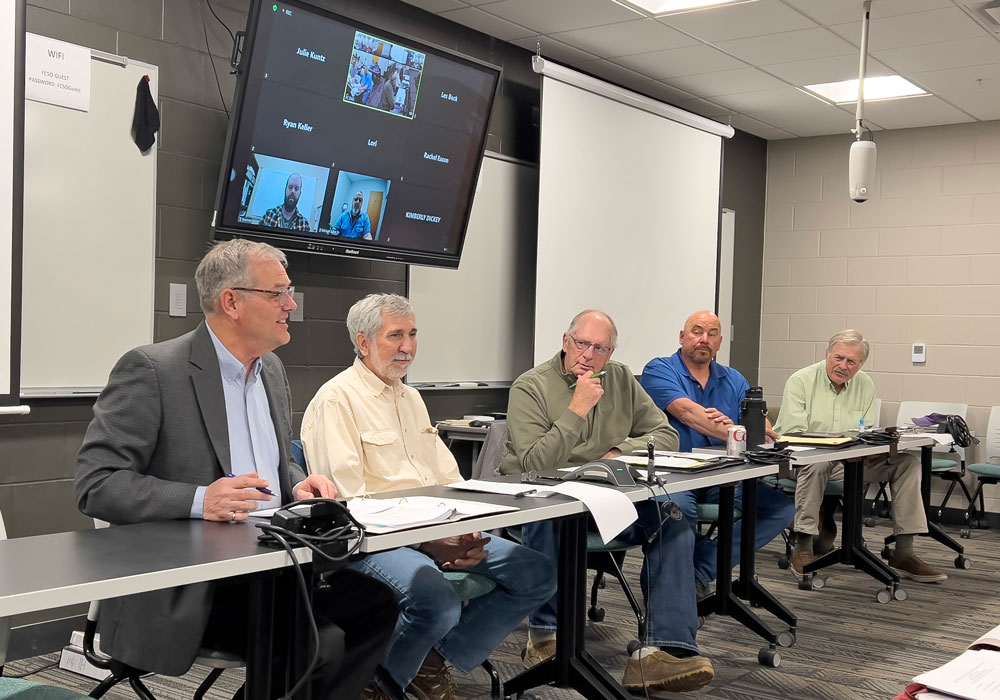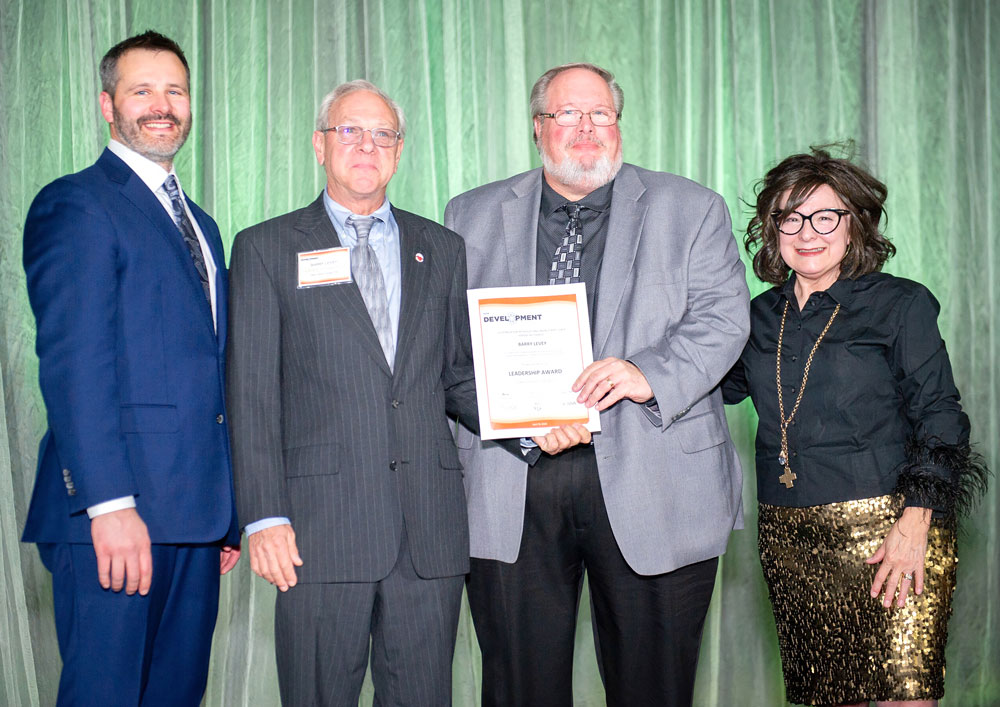Fischer: Never need a reason, never need a rhyme
I had the pleasure of learning a bit about a local history maker last week.
Carrie Chapman Catt, whose work with the National American Woman Suffrage Association ushered in the ratification of the 19th Amendment, grew up right here in Charles City.
 In the course of writing the story, I learned that the national association was founded in 1890, 30 years before the right for women to vote was secured nationwide.
In the course of writing the story, I learned that the national association was founded in 1890, 30 years before the right for women to vote was secured nationwide.
Thirty years.
It’s hard to wrap your head around when you sit down and think about it. Thirty years of tirelessly working, organizing, advocating and arguing just to get the collective of American society to agree that women are actually people. And that’s just the national movement, built on decades of more localized efforts.
I wonder if activists like Catt got frustrated with it all. I can just imagine her thinking, “It’s 1920. We’re living in the future! We have cars and telephones! Vacuum cleaners and washing machines are commercially available. We are flying around in Zeppelins! How are we still arguing about this?!”
Surely the writing had to be on the wall years before the amendment actually passed. Wyoming became the first territory to allow women to vote in 1869. Twenty years later Congress tried, and failed, to get Wyoming to rescind that right during their application to statehood. The Wyoming legislature not-so-politely declined to become a state under those terms and Congress ultimately relented.
And yet, it still took another three decades for that right to spread nationwide. Years spent dragging the American public kicking and screaming into the 20th century.
I’m not one for judging historical figures by modern standards. Yes, our founding fathers un-ironically declared America to be a land where “All men are created equal” while literally owning slaves. It’s not a great look when examined through a modern lens.
Still, that doesn’t change the fact that they were, for their time, revolutionary progressives who raised the bar on what the definition of freedom and equality meant when they wrote the constitution. That bar may have only included property owning white men, but there’s no denying that we were closer to that ideal after 1788 than we were before it.
At the same time, there is a point where it becomes clear which side of history you’re going to be on and it becomes fair to judge accordingly.
There were still people opposing women’s right to vote in 1920 and even after they failed to stop the passing of time on that issue, they still dug their feet in on the rest. My mother was born before women were allowed to have their own credit cards. There were 54 years between women securing the right to vote and the right to control their own finances and I’m sure there are people who fought against that, too.
And of course this goes beyond just women. American history is littered with demographics of people who have had to tirelessly work for generations just to secure the guarantee that they will be treated like people.
The 15th Amendment, in theory, gave African-American men the right to vote in 1870. And while certain people today would like to see the following stricken from our history books, it would take nearly a century of hard fought ideological battles, and sometimes literal battles, before the Voting Rights Act did away with the explicit legal barriers preventing them from exorcising that right.
Not that it ends there. Even today the ideological successors of the people that fought tooth and nail against civil rights in the 1960s, who themselves were the ideological successors who fought a literal war to preserve slavery in the 1860s, are still doing everything they can to stop the clock on progress.
The opponents of civil rights had to know they were going to fail. They had to know that history was not going to look kindly on them.
And yet, here we are.
From women, to African-Americans, to the LGBT, there seems to be a never ending struggle to just treat people like people. It’s exhausting and there’s no good reason for it. One would think that after seeing history play out so many times in so many ways that we could collectively decide to just skip to the end and save everybody a lot of grief, but we don’t.
It’s 2023. We’re living in the future. We have self-driving cars and cellular telephones. Powerful computers connect us to a vast network of information and services. I can press a few buttons and have a pizza delivered to my door without ever speaking to another person. How are we still arguing about this?!
– Travis Fischer is a news writer for the Charles City Press and would rather be looked upon fondly by the people of 2050 than the people of 1950.









Social Share